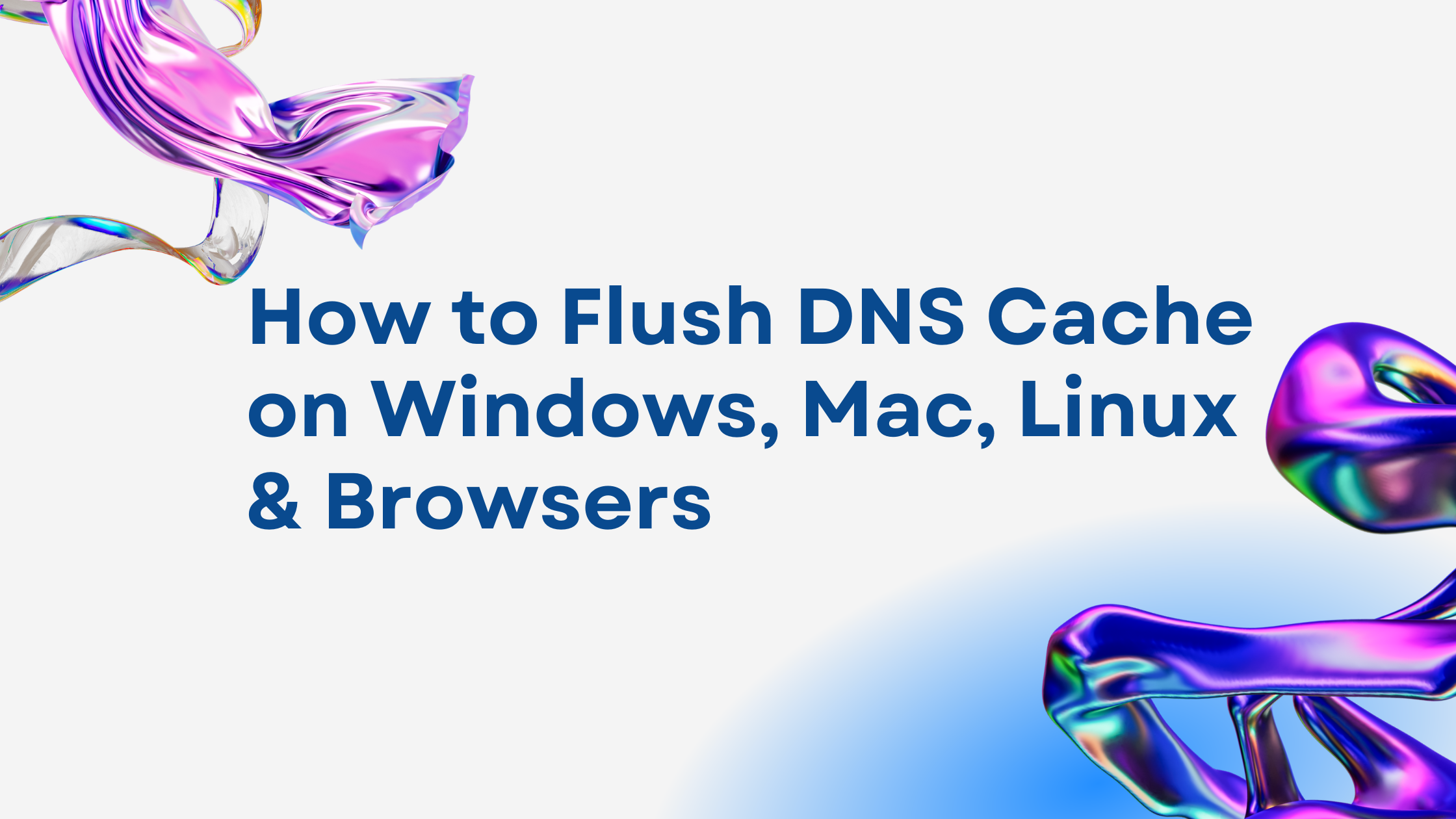In the modern digital era, your website is more than just an online brochure; it’s a vital hub for communication, commerce, and community. It stores sensitive information, facilitates transactions, and serves as the face of your brand. But with this importance comes vulnerability. Malicious actors are constantly on the prowl, seeking to exploit weaknesses and wreak havoc.
Here’s the good news: you’re not powerless. By implementing a robust website security strategy, you can fortify your defenses and create a safe space for your visitors and your business.
This comprehensive guide delves into the essential elements of website security, empowering you to safeguard your domain and data.
Understanding the Threats: Malicious Maneuvers
Before we dive into solutions, let’s explore the common website security threats you need to be aware of:
- Data Breaches: Hackers can infiltrate your website and steal sensitive information like customer data, login credentials, or financial details.
- Denial-of-Service (DoS) Attacks: These malicious attempts overwhelm your website with traffic, rendering it inaccessible to legitimate users.
- Malware Injections: Hackers insert malicious code into your website that can harm visitors’ devices, steal information, or redirect traffic to fraudulent sites.
- Phishing Attacks: Deceptive emails or websites mimic legitimate sources to trick users into revealing sensitive information.
- Cross-Site Scripting (XSS): Hackers inject malicious scripts into your website that can steal user data or redirect them to malicious websites.
Building a Fortress: Website Security Measures
Now that you understand the threats, let’s arm ourselves with the necessary defenses:
1. Secure your Hosting Environment
- Choose a Reputable Web Host: Select a provider with a proven track record of security. Look for features like firewalls, intrusion detection systems, and regular backups.
- Keep Software Updated: Outdated software on your server or CMS (Content Management System) can contain vulnerabilities. Ensure automatic updates are enabled for your CMS, plugins, and server software.
- Leverage a Fully Managed CMS Hosting Provider: Choosing a hosting provider with a fully managed CMS solution takes the burden of security off your shoulders. This allows you to concentrate on core business activities while your provider handles all security aspects of your CMS.
2. Implement Strong Authentication
- Enforce Complex Passwords: Enforce strong password policies for all user accounts, requiring a combination of uppercase and lowercase letters, numbers, and symbols. Consider minimum password length requirements (ideally 12 characters or more).
- Embrace Two-Factor Authentication (2FA): Add an extra layer of security with 2FA, which requires a secondary verification code in addition to the password during login.
3. Encrypt Sensitive Data
- Secure Sockets Layer (SSL) Certificates: Implement an SSL certificate to encrypt communication between your website and visitors’ browsers. This safeguards sensitive data like login credentials and credit card information.
- Data Encryption at Rest: Consider encrypting sensitive data stored on your server databases to add an extra layer of protection in case of a breach.
4. Limit User Access and Permissions
- The Principle of Least Privilege: Grant users only the minimum level of access needed to perform their tasks. This minimizes the damage a compromised account can cause.
- Regular User Reviews: Periodically review user accounts and access privileges to ensure they remain appropriate. Remove inactive accounts and update permissions as needed.
5. Vigilance is Key: Monitoring and Maintenance
- Regular Security Scans: Schedule regular vulnerability scans to identify potential weaknesses in your website’s code and configuration.
- Security Monitoring Tools: Utilize security monitoring tools that can detect suspicious activity and alert you to potential threats.
- Maintain Backups: Regularly back up your website data to a secure offsite location. This allows for swift recovery in case of a cyberattack or system failure.
Beyond the Essentials: Advanced Security Considerations
While the above measures form a solid foundation, consider these additional steps for enhanced protection:
- Web Application Firewalls (WAFs): These firewalls act as a shield, filtering out malicious traffic before it reaches your website.
- Content Security Policy (CSP): A CSP defines the trusted sources for scripts and content that can be loaded on your website, mitigating XSS attacks.
- Regular Security Awareness Training: Train your employees on best practices for cybersecurity hygiene, including password security and phishing awareness.
Conclusion: A Secure Website is a Successful Website
Website security is not a one-time fix; it’s an ongoing process. By implementing a comprehensive security strategy, you create a safe and trustworthy environment for your visitors and your business. Remember, even basic security measures can significantly reduce your risk. Take action today to fortify your website and ensure its continued success in the ever-evolving digital landscape.
Bonus Tip: Leverage the Power of Security Community
The cybersecurity community is a valuable resource for website owners. Consider joining online forums or communities dedicated to website security. Here, you can:
- Learn from the Experiences of Others: Gain insights from other website owners who have faced security challenges.
- Ask Questions: Get expert advice on specific security concerns you may have.
- Stay Updated on the Latest Threats: Community forums are often buzzing with discussions about emerging threats and mitigation strategies.
Engaging with the security community fosters a sense of shared responsibility and empowers you to stay ahead of the curve in the ever-evolving digital landscape. By combining the knowledge gleaned from the community with the security measures outlined above, you can create an impregnable fortress for your website.
Also Read:
- 7 Best WordPress Security Plugins
- Free Website Migration: Ditch Your Bad Host and Upgrade to Us!
- How to Choose the Right Web Hosting Plan for Your Business
- How to Transfer Domain Name From GoDaddy
- 10 Must-Have Web Hosting Features for Small Businesses
- 5 Web Hosting Myths You Need to Stop Believing
- The Future of Web Hosting: Trends & Innovations you Should Know







